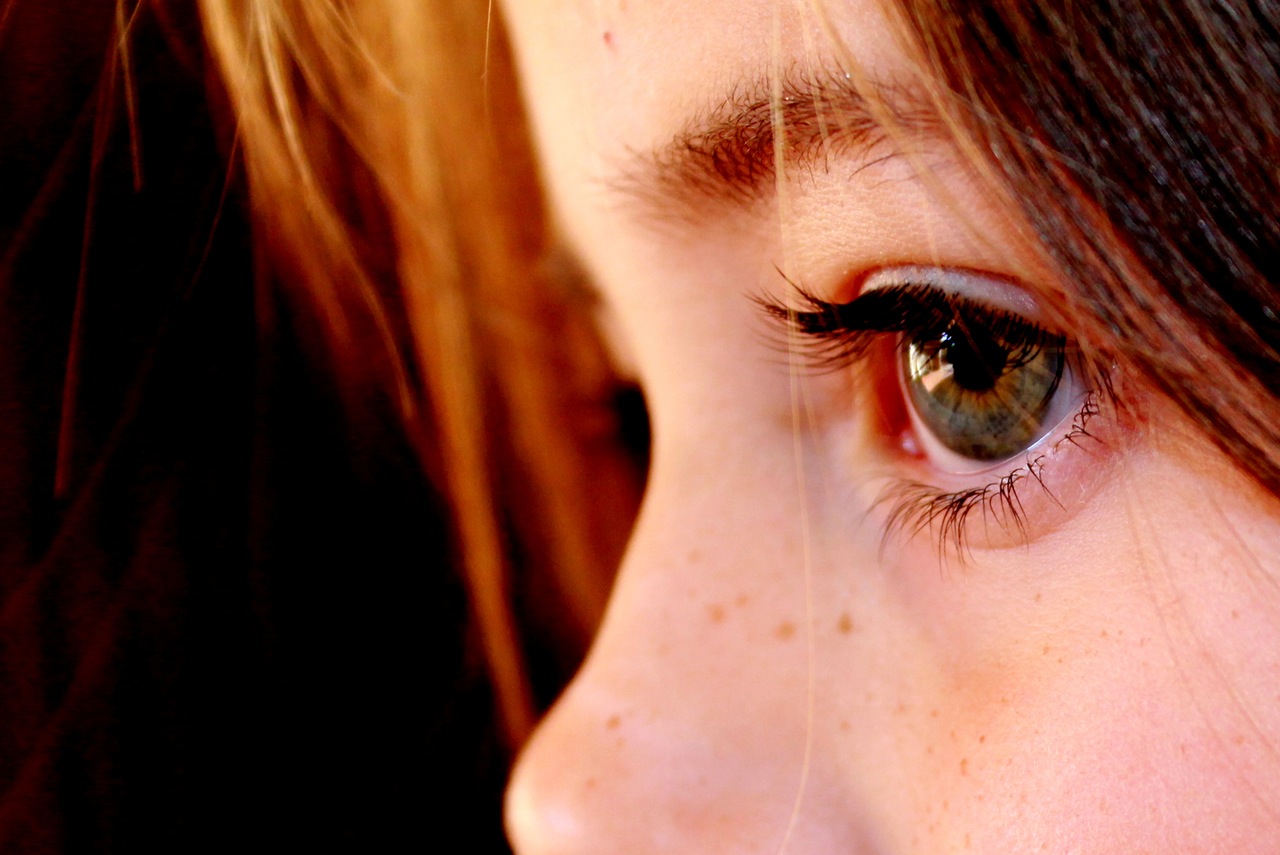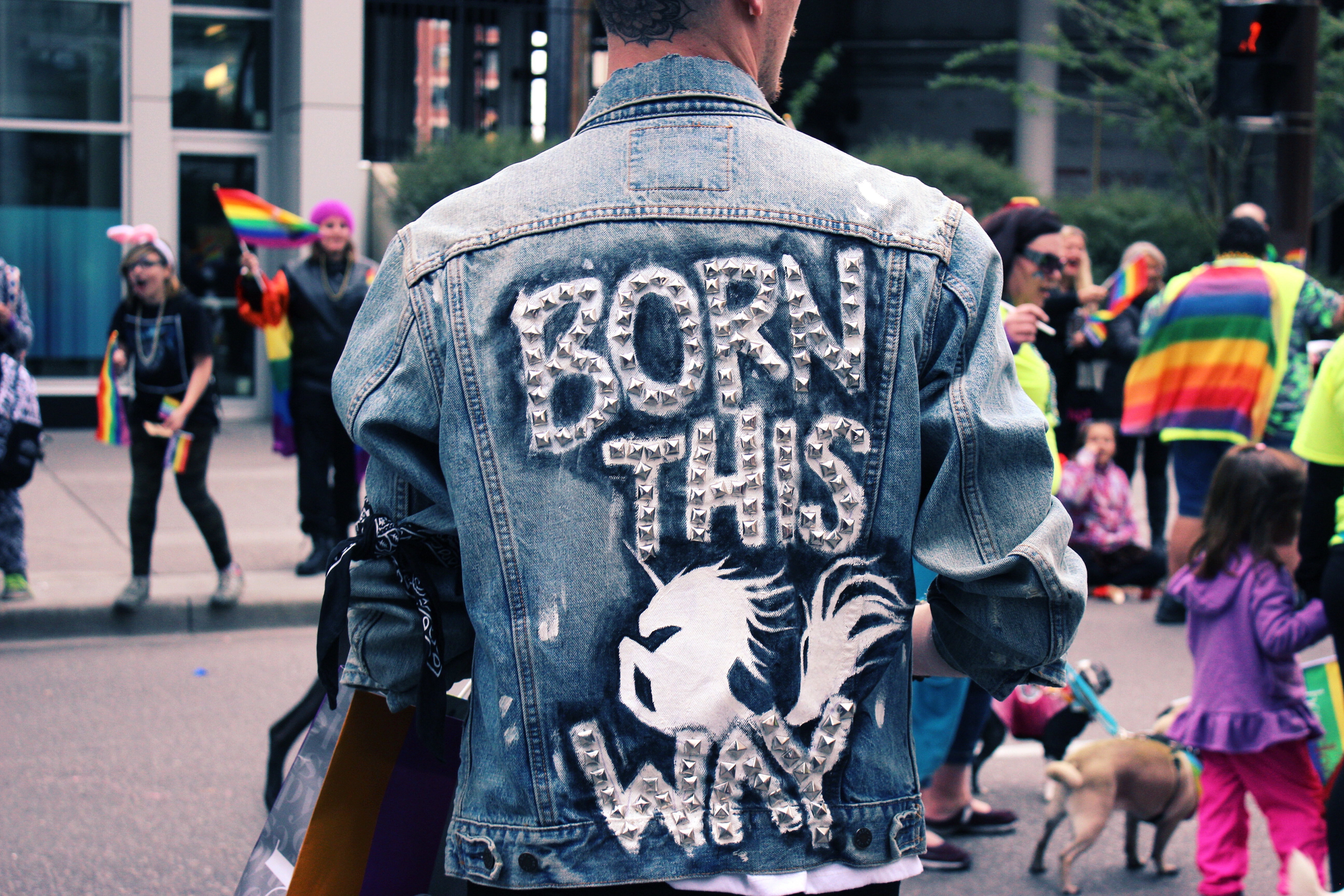On 1 November 1998, Protocol 11 of the European Convention on Human Rights allowed individuals to apply directly to the European Court of Human Rights.
Previously they had to apply to the European Commission of Human Rights – history lesson here.
Today, we are taking a look at a few key categories of fundamental freedoms that have been protected by the European Court of Human Rights.
1. Children

Four siblings were being neglected and abused by their parents. The children were stealing food, living in appalling conditions and were locked outside their house for most of the day. Teachers and neighbours raised the alarm to social services again and again, but they helped very little. Eventually the children’s mother could no longer cope and threatened to batter the children if the authorities did not step in.
The children suffered psychological damage, but the UK courts could not give them a remedy. The European Court of Human Rights, however, said that the children had been subjected to inhuman and degrading treatment. It awarded them a small amount of compensation.
2. People with disabilities

A man with autism and severe learning difficulties (HL) lived with a care-family and regularly visited a day-centre. One day, HL became very agitated and started banging his head against the wall. As a result of this incident, a psychiatrist felt HL should be admitted to hospital as an in-patient. He was kept in the hospital for three months without access to his carers.
The UK courts said that the hospital was allowed to detain HL, even though he didn’t have the same safeguards as others detained under mental health laws. But the European Court of Human Rights said that there was a lack of protection against arbitrary detention which violated HL’s human rights.
3. Equality

Two British soldiers, Jeannette Smith and Graham Grady, were subjected to intrusive questioning about their personal lives when it was suspected that they were gay. The armed forces policy stated that homosexuality was incompatible with serving in the military because it could ‘damage morale and unit effectiveness’. The soldiers eventually admitted they were gay and they were dismissed from the armed forces.
The UK courts disagreed with the policy but could not change it. The European Court of Human Rights, on the other hand, declared that the soldiers’ rights had been violated. As a result, the Ministry of Defence changed its policy to allow gay people to serve.
4. Family & Health

A mother was firmly opposed to doctors’ suggestions to give diamorphine to her critically ill, disabled son. The doctors said that diamorphine was needed to relieve distress and was in the child’s best interests. The mother objected as it could speed up his death. The doctors decided to administer diamorphine anyway and to place a ‘do not resuscitate’ notice on the child without his mother’s knowledge or consent.
The European Court of Human Rights criticised the doctors’ insensitive attempts to overcome the mother’s opposition to diamorphine and said that they should have applied to the UK courts before taking a course of action which was against the mother’s wishes. The right to respect for private and family life was violated.
5. Justice & Privacy

S, an eleven years old boy, was arrested and charged with attempted robbery. Marper, a man, had been accused of harassing his partner. S was acquitted and the case against Marper was dropped. But the law allowed the police to keep their fingerprints and DNA on the national crime database indefinitely, despite the fact that neither had been convicted of any crime.
The European Court of Human Rights said that blanket retention of innocent people’s DNA profiles and fingerprints, combined with a lack of proper safeguards, violated the right to respect for privacy.
6. Free speech

A journalist called Goodwin received a tip from an anonymous source that a large company negotiating a £5 million loan was in serious financial difficulty. This information came from a confidential file that had gone missing from the company’s headquarters. The courts ordered the papers not to publish the confidential information and told Goodwin to reveal the name of his source.
Goodwin refused and was fined. The European Court of Human Rights said that if sources are not protected, they will be reluctant to help the press inform the public on matters of importance. The order and the fine violated Goodwin’s right to free journalistic expression.
Like this? Subscribe for free to our email updates.
For more information:
- Take a look at our infographic posters which explain your human rights in plain English.
- Read more about the European Convention and the European Court of Human Rights.
- Learn about the history of the European Convention on Human Rights.







